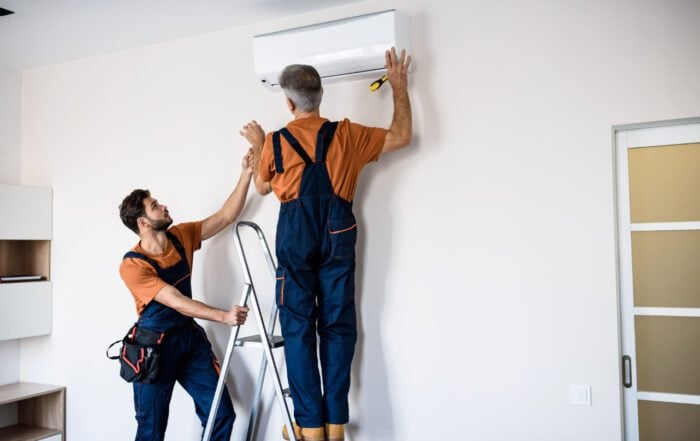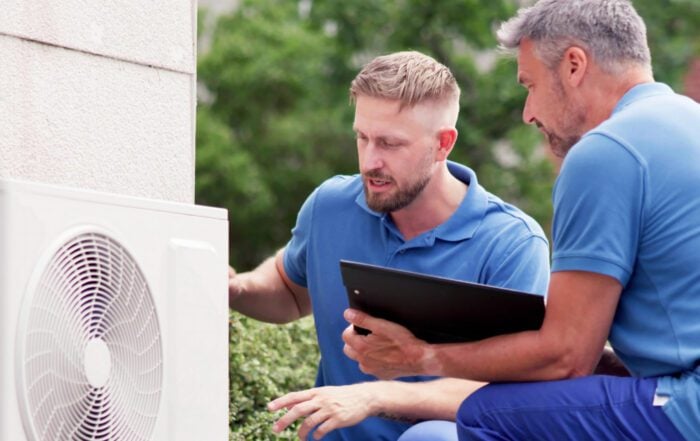Nobody wants to take a cold shower – especially now that the Cleveland area is cooling down and winter is coming. To keep your water warm, be sure you have the right water heater to meet the needs of your home.
Gas vs. Electric Water Heater
Typically, gas-fueled water heaters are more expensive than electric ones, since they require venting and gas-line connections. However, those costs may be recovered in the long run because gas heaters are usually cheaper to run. This is because of the relative cost of gas vs. electricity. An important consideration is that gas heaters require space around them so air can circulate and other materials don’t combust. If you are tight on space, gas may not be a fit. If the gas appliance is located in a small room, it must have a door that allows air to circulate or else no door at all.
Conventional vs. Tankless Water Heater
Conventional storage tank water heaters are the most common. They use a tank where water is heated and stored until it’s needed. Tankless or “on-demand,” water heaters don’t store hot water; they heat water as it passes through them. Since tankless water heaters only heat as needed, they are more energy efficient. However, tankless units are limited in the amount of hot water they can deliver per minute and just one unit may not be sufficient for a household with simultaneous water uses. Both storage tank and tankless water heaters have the option of being fueled by gas or electricity.
Other Considerations
An average family of four needs a water heater with a capacity of 40-50 gallons. Add or subtract 10 gallons per person to figure the right size for you. The bigger the capacity, the bigger the unit – something to consider if space is at a premium.
Although gas-operated tankless heaters are typically more energy efficient, there are electric and/or conventional models that qualify for Energy Star certification. These may help reduce your utility bills.
Finally, there are a number of accessories to check out depending on the type of heater you are using. For example, insulation blankets can help conserve energy when water heaters are installed in a garage or other unheated area. Timers can stop heaters from drawing electricity at non-peak times, such as the middle of the night.
For more information about choosing the best water heater for your home, please contact us at Stack Heating, Cooling, Plumbing and Electric, serving the Cleveland area since 1976.
Our goal is to help educate our customers in Cleveland, Ohio about energy and home comfort issues (specific to HVAC systems). For more information about water heater and other HVAC topics, download our free Home Comfort Resource guide.
Image courtesy of Shutterstock
Have Any Questions?
If this is an emergency please call 440-937-9134.
Otherwise, please feel free to call us or submit this form to schedule an appointment for service or request an estimate. We will contact you shortly!



